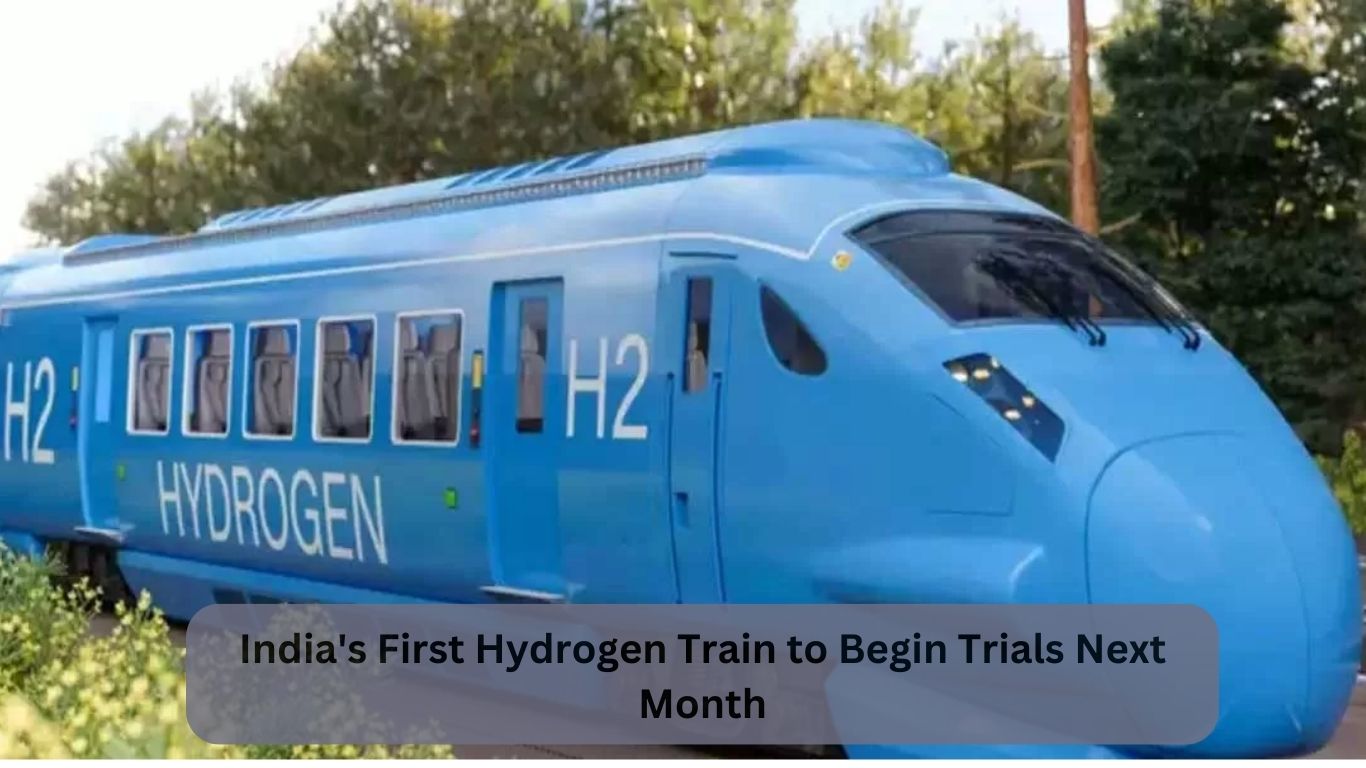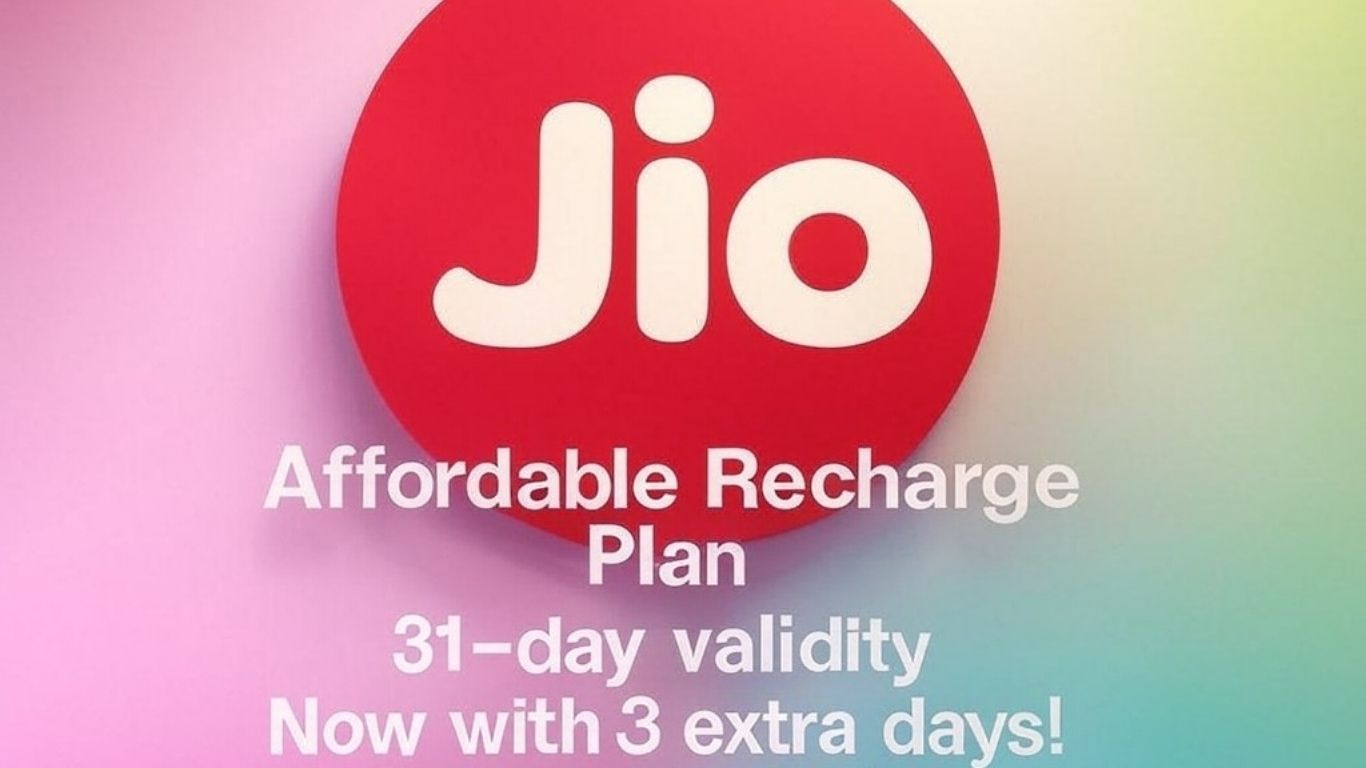Indian Railways is poised to usher in a new era of sustainable transportation with the introduction of its first hydrogen-powered train. Scheduled to commence trials in December 2024, this revolutionary initiative aligns with India’s commitment to combating climate change and achieving net-zero carbon emissions by 2030.
What Is a Hydrogen-Powered Train?
Hydrogen-powered trains utilize hydrogen fuel cells to generate electricity, powering their motors. Unlike diesel engines, which emit greenhouse gases, hydrogen trains emit only water vapor and heat.
The benefits are immense:
- Zero carbon emissions.
- Quieter operations compared to diesel trains.
- Renewable and eco-friendly energy source.
Indian Railways’ Vision for Green Transport
This initiative is a vital step in Indian Railways’ mission to transform its vast network into a sustainable and environmentally friendly system. With plans to achieve net-zero emissions by 2030, the adoption of hydrogen technology is both a bold and necessary move.
The Trial: Jind-Sonipat Route
The initial trial will take place on the Jind-Sonipat route in Haryana, covering a 90-kilometer stretch. This choice reflects strategic planning to test the technology on a route that represents typical Indian railway conditions.
Hydrogen Technology in Indian Trains
Hydrogen trains rely on advanced fuel cells that combine hydrogen with oxygen to produce electricity. Key components include:
- Hydrogen tanks for fuel storage.
- Fuel cells to convert hydrogen into energy.
- Electric motors to drive the train.
This clean energy mechanism ensures an efficient and eco-friendly alternative to traditional methods.
Environmental Benefits
Switching to hydrogen-powered trains offers significant environmental advantages:
- Reduction in Air Pollution: No harmful emissions.
- Climate Change Mitigation: Promotes green energy, reducing dependence on fossil fuels.
- Cleaner Operations: A step toward a greener rail network.
Economic Impact
While initial costs for hydrogen technology are high, long-term benefits outweigh these investments:
- Fuel Savings: Lower costs compared to diesel in the long run.
- Energy Independence: Reduces reliance on imported fuels.
Challenges and Risks
Despite its potential, implementing hydrogen trains comes with challenges:
- Infrastructure Needs: Building hydrogen refueling stations.
- High Costs: Significant initial investment in technology and development.
- Safety Concerns: Handling and storing hydrogen safely.
Global Perspective on Hydrogen Trains
Countries like Germany and Japan have successfully deployed hydrogen trains. Germany’s CoradiaiLint, the world’s first hydrogen-powered train, serves as a blueprint for India, showcasing the feasibility and advantages of this technology.
Support from the Government
The Indian government has emphasized green energy through policies such as the National Hydrogen Mission. This initiative aligns with its larger vision of achieving sustainability in all sectors.
Public Perception
The success of the hydrogen train project will also depend on public support. Awareness campaigns are crucial to educating citizens about the benefits of this innovation.
Impact on Climate Change
Adopting hydrogen-powered trains is a game-changer in India’s fight against climate change. By reducing emissions and promoting renewable energy, Indian Railways is setting an example for other industries.
The Road Ahead for Indian Railways
If successful, the hydrogen train trials could pave the way for broader implementation across India’s railway network. The potential for integrating hydrogen technology into other transport sectors is immense.
Comparing Hydrogen Trains to Other Green Alternatives
Battery-operated trains are another green alternative, but they come with limitations, such as charging time and range. Hydrogen trains, on the other hand, provide longer ranges and quicker refueling, making them more suitable for extensive networks like Indian Railways.
Conclusion
India’s first hydrogen train is more than just a technological advancement—it’s a commitment to a sustainable future. By embracing hydrogen technology, Indian Railways is setting a precedent for eco-friendly innovations, ensuring a cleaner and greener India for generations to come.
FAQs
- What makes hydrogen trains eco-friendly?
Hydrogen trains produce zero emissions, emitting only water vapor and heat, making them a sustainable alternative to diesel engines. - When will the hydrogen train trials start?
The trials are scheduled to begin in December 2024 on the Jind-Sonipat route in Haryana. - What challenges does hydrogen technology face in India?
High initial investment, infrastructure requirements, and safety concerns are some challenges. - How do hydrogen trains compare to diesel trains?
Hydrogen trains are cleaner, quieter, and more efficient, with lower long-term operational costs. - What is Indian Railways’ goal for sustainability?
Indian Railways aims to achieve net-zero carbon emissions by 2030, with hydrogen trains being a significant step in this direction.















